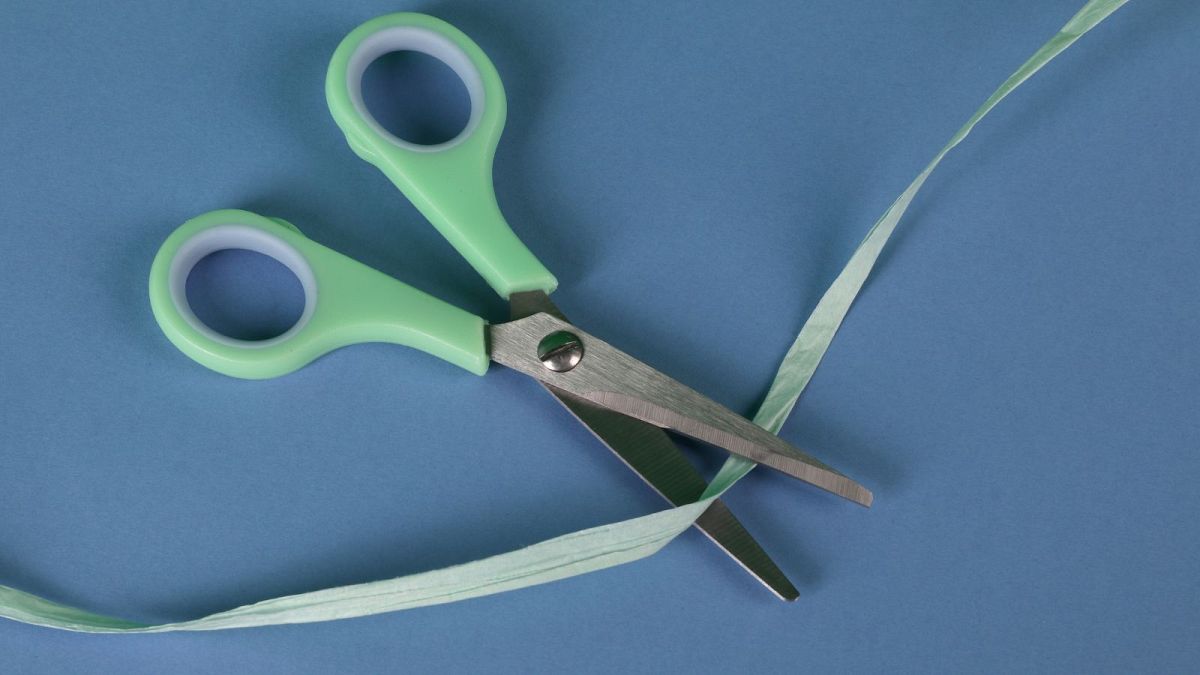As abortion rights are challenged in the US, more men are getting a vasectomy - and dispelling some of the myths surrounding the procedure.
Two emojis, a bright orange block of caption and a flurry of hashtags: at first glance, the video looks similar to millions of others on Tiktok - except that the man grimacing on it is comedian Jimmy McMurrin, filming himself while getting a vasectomy.
Demand for the surgical procedure has soared in the United States since the Supreme Court scrapped the constitutional right to abortion, according to urologists and reproductive health experts.
Now some men are even broadcasting their personal vasectomy experiences on TikTok to tackle the stereotypes around the procedure and promote it as an alternative contraceptive method for men, in solidarity with women whose own reproductive rights are under threat.
A vasectomy is a male sterilisation method that cuts the supply of sperm to semen by cutting and sealing the tubes that carry sperm. It’s a form of permanent birth control, and it’s currently the only reliable alternative to condoms when it comes to male contraception.
Titled "you're getting neutered," Jimmy McMurrin’s video has racked up over 5 million views, becoming the most watched on his TikTok channel.
Among the most common misconceptions about vasectomies is the belief that the procedure is akin to castration or that it affects libido and hormone production, said influencer Keith Laue, who has posted several videos about his own vasectomy.
The 23-year-old is convinced that TikTok videos like his are helping to dispel such myths.
"I still have testicles. Everything is normal," he told the AFP news agency.
‘Closing the baby factory’
There is evidence that vasectomy rates have significantly increased in the United States since the Supreme Court's decision, according to Marc Goldstein, a professor of reproductive medicine and urology at Weill Cornell Medical College.
"Many of the recent vasectomy videos on TikTok highlight the Roe vs Wade ruling as the impetus for the decision to get a vasectomy, and how the onus of birth control should not fall mostly on women," Katrine Wallace, an assistant professor at the University of Illinois Chicago, told AFP.
Internet traffic to web pages offering information about vasectomies has also increased, according to urologists and fertility experts.
On TikTok, women are seen applauding and filming their partner getting the procedure, with one user captioning “closing the baby factory today”.
Some health experts are also offering educational videos addressing several myths, including those that suggest - incorrectly - that vasectomies cause impotence or increase the risk of prostate cancer.
’People should have access to accurate, factual information’
The trend can however carry risks.
"My concern is that the videos sometimes offer low-quality health information," Jonas Swartz of Duke University Medical Center told AFP, adding that TikTok was not designed to filter information based on how accurate it is.
Several videos on vasectomies, for example, have falsely claimed that the surgery is completely reversible.
If a reversion can be attempted, the success of this operation depends on a number of factors such as how much time has passed since the vasectomy and which method was used.



